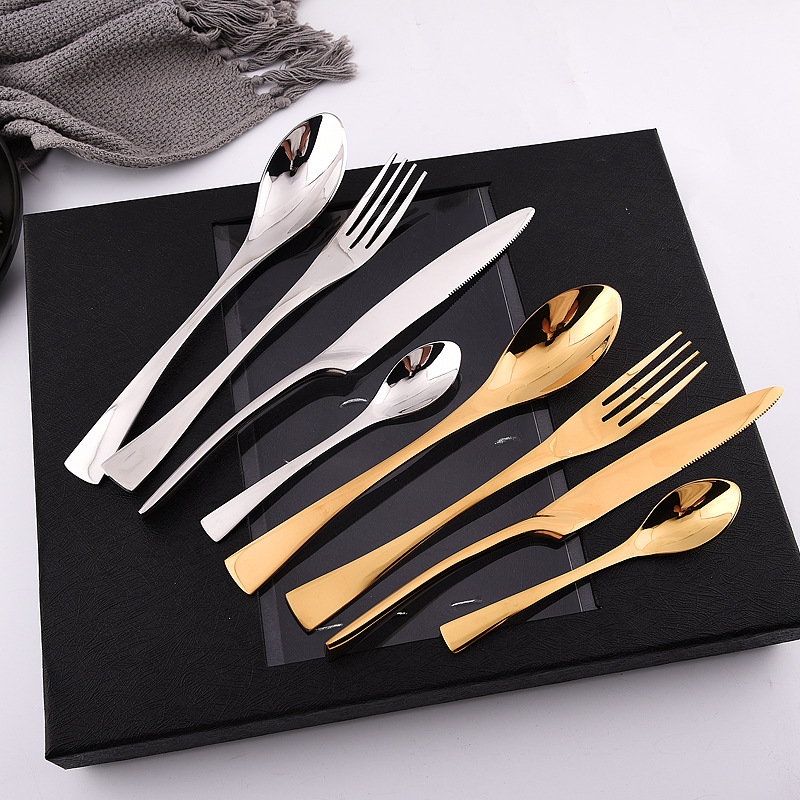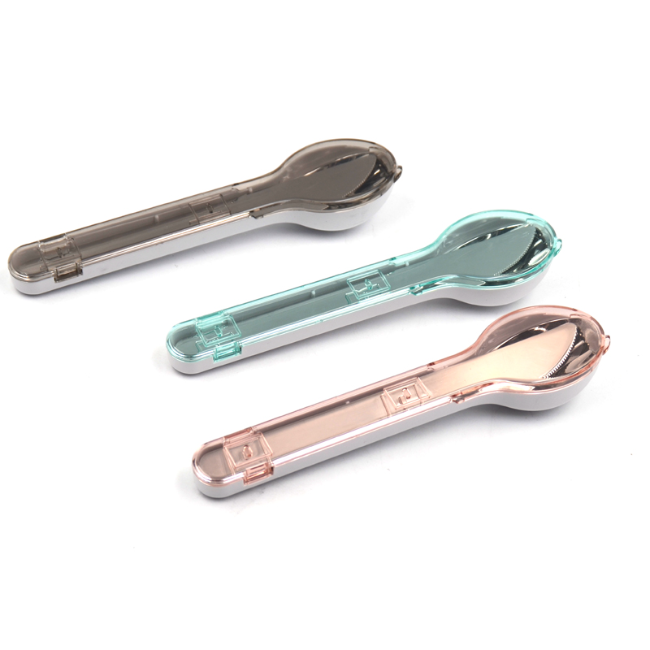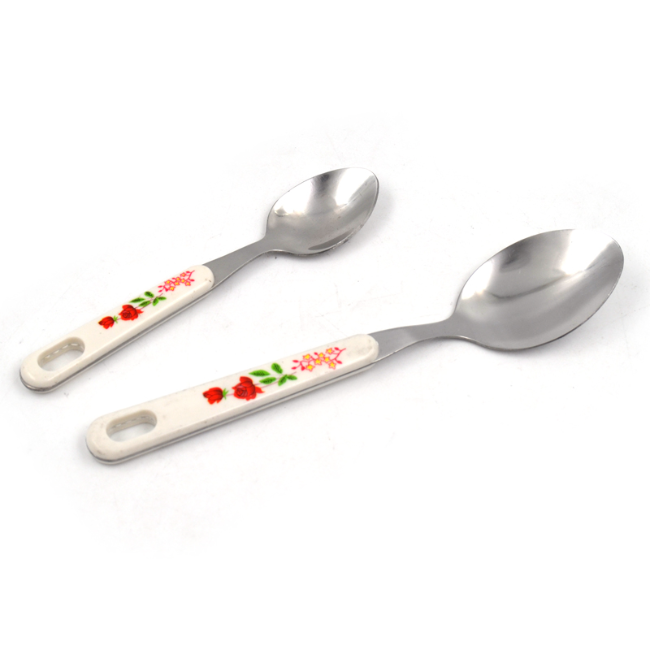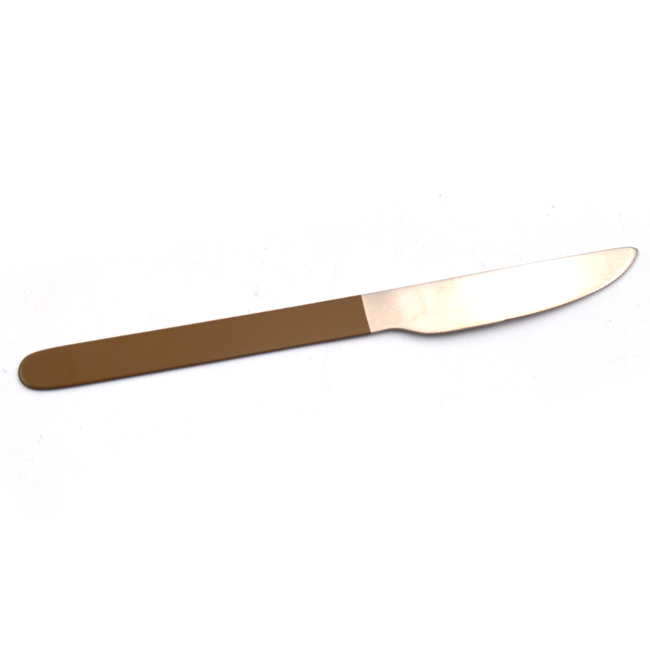
10 May
Can You Recycle Plastic Cutlery in Australia?
Can You Recycle Plastic Cutlery in Austr...
Can You Recycle Plastic Cutlery in Australia?
In Australia, recycling practices for plastic cutlery can vary depending on your location and the type of plastic used. Understanding the local recycling system is crucial to reducing waste and ensuring you dispose of your cutlery responsibly. Here's everything you need to know about recycling plastic cutlery in Australia.
1. Understanding Plastic Cutlery and Its Environmental Impact
Plastic cutlery, often used in fast food or takeout meals, is typically made from polystyrene or polypropylene. While convenient, it is not always recyclable in standard curbside bins. These materials can pose environmental risks when not disposed of correctly, leading to pollution in oceans and landfills.
2. Can Plastic Cutlery Be Recycled in Australia?
In Australia, many councils do not accept plastic cutlery in curbside recycling bins. This is due to the small size and lightweight nature of these items, which can contaminate the recycling process. However, some areas have special drop-off points for plastic waste or offer solutions for industrial recycling.
3. Alternatives to Plastic Cutlery
While recycling plastic cutlery is challenging, there are alternatives to reduce waste. Consider investing in cutlery flatware sets made from stainless steel or bamboo. These are reusable and long-lasting, helping you minimize your environmental footprint. Moreover, if you are looking for precision tools for food preparation, a fillet knife Cutco can make your culinary experience even more enjoyable without contributing to plastic waste.
4. Recycling Programs and Initiatives in Australia
Australia is taking significant steps towards reducing plastic waste. Cities like Melbourne and Sydney have introduced various initiatives aimed at reducing single-use plastic products. By supporting these programs, Australians can help make a positive impact on the environment.
5. The Role of Manufacturers in Sustainability
Manufacturers like Homefelt have embraced sustainable practices by offering eco-friendly alternatives to plastic cutlery. Many businesses are adopting materials that are biodegradable or recyclable, further contributing to a cleaner environment. If you're looking to upgrade your kitchen tools, gyuto shun knives are a great sustainable option, offering high-quality craftsmanship without the environmental burden.
6. Conclusion
Recycling plastic cutlery in Australia can be difficult, but there are steps you can take to reduce waste. Opt for sustainable alternatives and support local recycling initiatives. By making informed choices, you can contribute to the future of waste management and help keep Australia clean and green.





